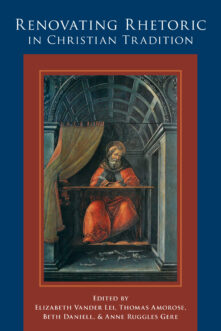Books
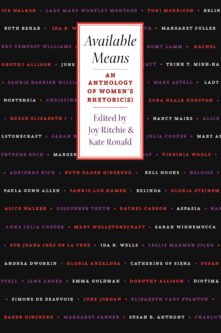
Available Means
An Anthology Of Women's Rhetoric(s)
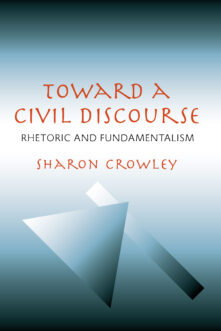
Toward a Civil Discourse
Rhetoric and Fundamentalism
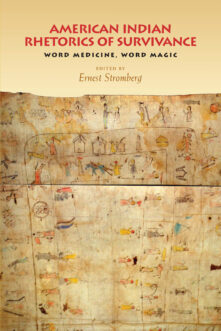
American Indian Rhetorics of Survivance
Word Medicine, Word Magic
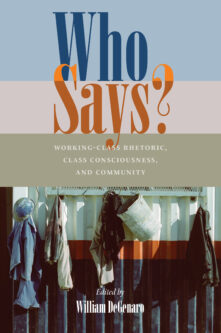
Who Says?
Working-Class Rhetoric, Class Consciousness, and Community
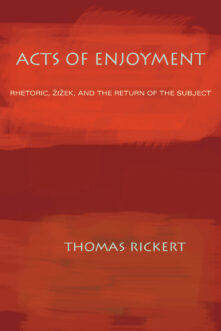
Acts of Enjoyment
Rhetoric, Zizek, and the Return of the Subject
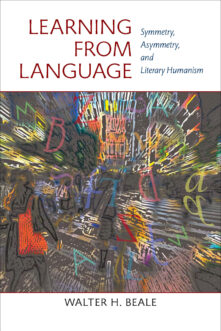
Learning from Language
Symmetry, Asymmetry, and Literary Humanism
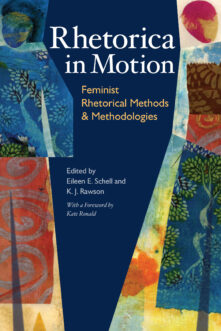
Rhetorica in Motion
Feminist Rhetorical Methods and Methodologies
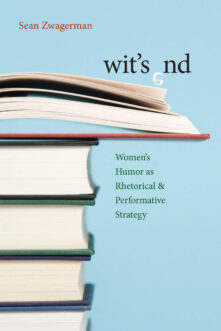
Wit’s End
Women's Humor as Rhetorical and Performative Strategy
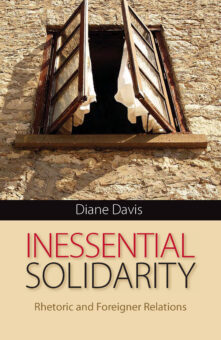
Inessential Solidarity
Rhetoric and Foreigner Relations

Networking Arguments
Rhetoric, Transnational Feminism, and Public Policy Writing
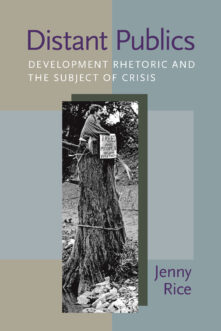
Distant Publics
Development Rhetoric and the Subject of Crisis
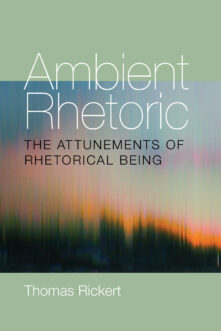
Ambient Rhetoric
The Attunements of Rhetorical Being
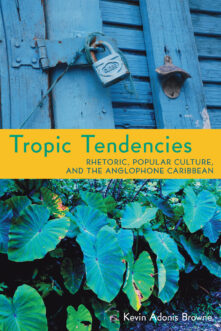
Tropic Tendencies
Rhetoric, Popular Culture, and the Anglophone Caribbean
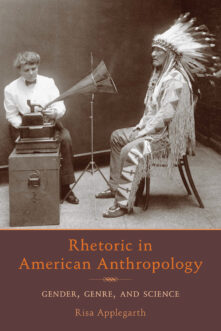
Rhetoric in American Anthropology
Gender, Genre, and Science
Total 48 results found.


